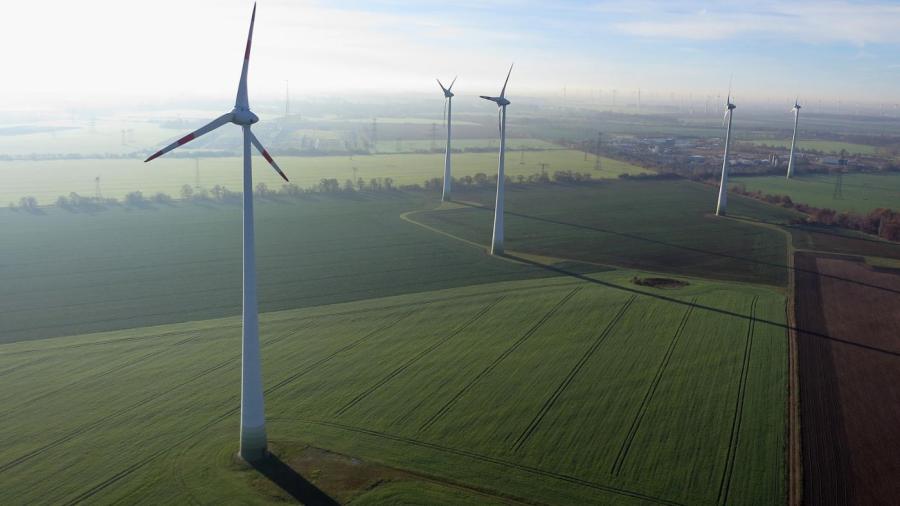Why Is Environmental Conservation Important?

Environmental conservation is important for many reasons, including protecting the ozone layer, maintaining animal and human food chains, preserving potable water and making efficient use of non-renewable resources. According to The Nature Conservancy, serious environmental damage often takes years to manifest obvious symptoms. Environmental conservation seeks to prevent dormant damage through measures such as proactive management and ecologically sustainable energy production.
All environmental conservation benefits humankind. For example, preserving the ozone layer reduces the amount of ultraviolet radiation that reaches the surface. Ultraviolet radiation contributes to rapid aging and skin cancer. It also causes rapid sunburns.
Food chain preservation is another important conservation focus area. Damage to a small or seemingly insignificant ecosystem often has deleterious effects on many others. For example, if industrial runoff upsets algae growth, it also impacts the creatures that rely on the algae for food. This, in turn, affects the natural predators of the algae eaters. Before long, the entire food chain incurs hardship.
Fossil fuels are another topic of great interest to environmental conservationists. According to the Environmental and Energy Study Institute, oil and natural gas are the overwhelmingly dominant sources of energy throughout the world. They are non-renewable and generate high levels of pollution. Harvesting fossil fuels is often dangerous for the surrounding ecosystems also. For example, oil pipelines often destroy important animal habitats. In the event of a malfunction or accident, submarine oil drilling and transportation also pose significant threats to marine animals and the overall aquatic environment.





